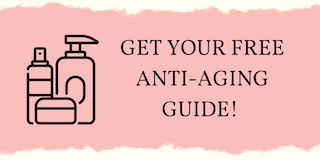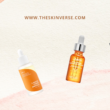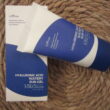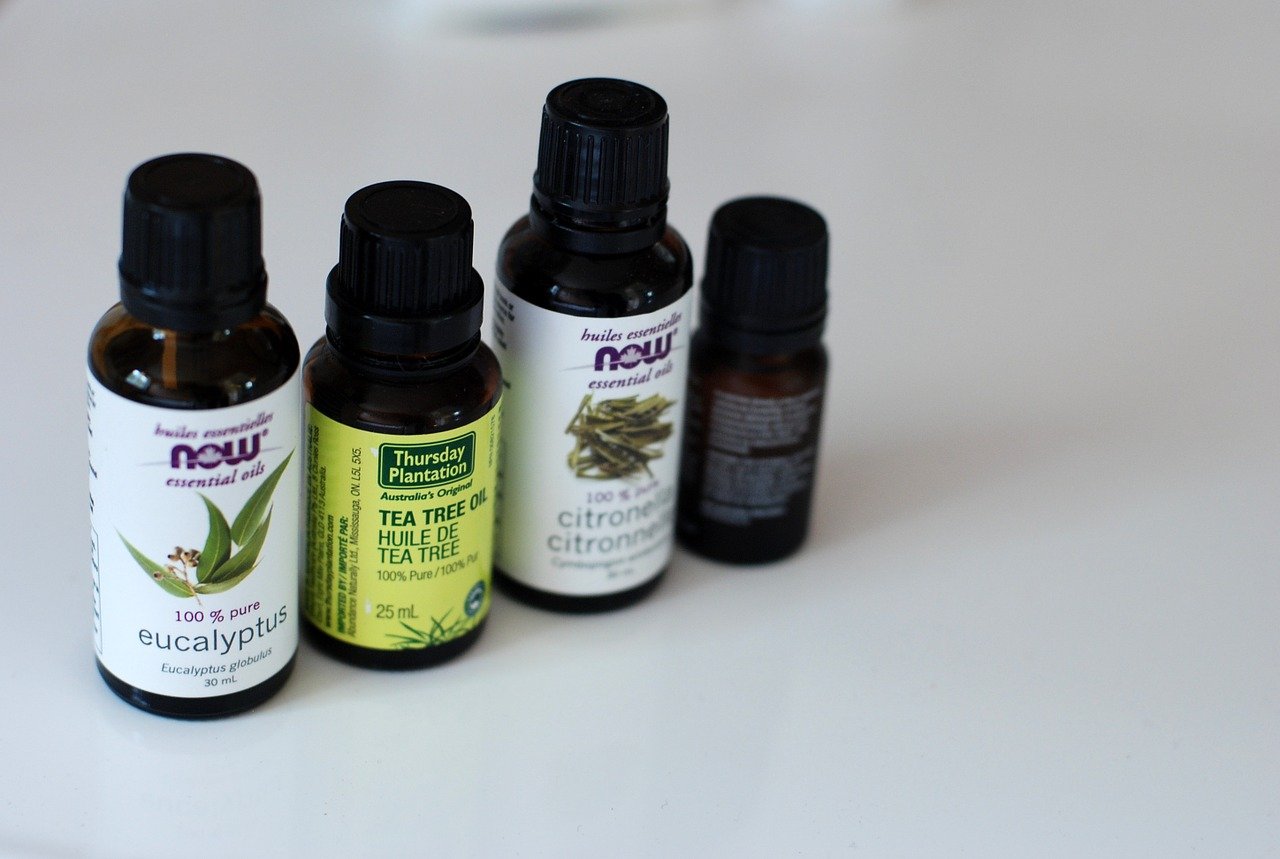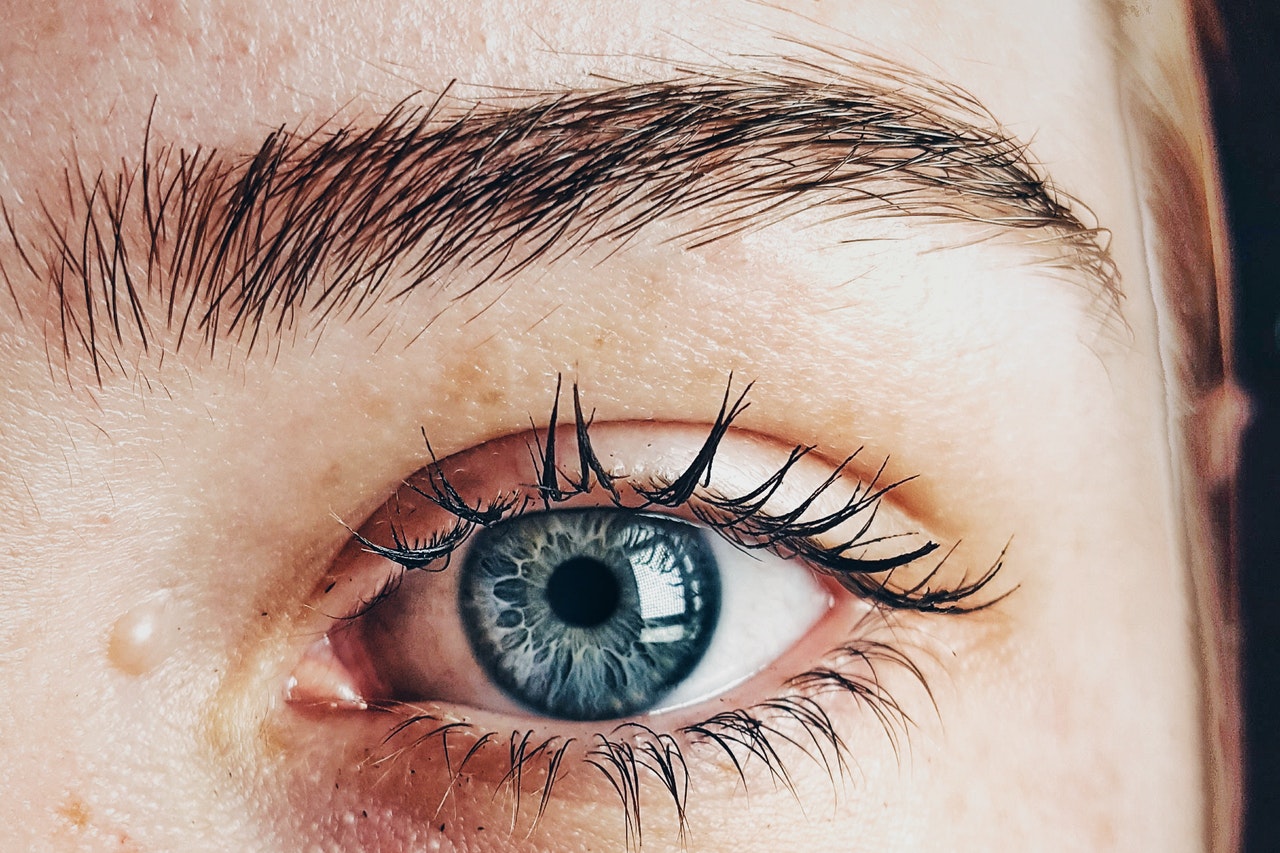There is tons of information on the web about how to get rid of oily skin. But the truth is, you simply can’t. However, some skincare tips for oily skin might come in handy. You can educate yourself on how to effectively deal with it, make it more manageable, so you can have the healthiest version of it.
In this post, we talk about some skin hacks that your oily skin can greatly benefit from, as well as reasons why you have oily skin. So, shall we?
Oily Skin 101:
All of us produce some amount of oil on our skin, aka sebum. Under our pores, there are sebaceous glands that produce sebum. This is a natural process and these oils keep our skin healthy and fresh. So, when the skin produces more oil, it leads to oily skin conditions. So, your oily skincare routine should be able to help you manage it as effectively as possible.
Reasons why you have oily skin

Genetics
Skin oiliness originates from genetics, therefore it is impossible to change this fact. But it doesn’t mean that the activity of the sebaceous glands cannot be influenced, because it depends on many external and internal factors. So you are quite capable of keeping it under control.
Stress
When we are stressed out, the stress hormone cortisol is released. It promotes the production of signaling molecules that force the sebaceous glands to produce more sebum, meaning more oil.
Poor diet
Your oily skincare routine is in desperate need of good nutrition. There are a number of foods that we consume every day, unaware of their ability to increase the oiliness of the skin.
Ever heard of “You are what you eat”? In this case, it totally checks out. Staying away from foods that contain too much salt can cause dehydration on the skin, whereas having too much fried food can worsen your skin health.
Alcohol will also have a negative impact, since it causes skin dehydration, as a result, oil glands produce even more sebum (oil) overcompensating for the loss of water/hydration on the skin. The latter is also the main contributor to acne formation.
Hormones
It is the hormones that cause acne when puberty hits. When hormones return to normal, greasiness decreases.
Environment
Generally, people who live in humid areas tend to have oily skin. This does not mean you have to pack your bag and leave wherever you live, but you must consider your oily skin regimen.
Not moisturizing enough
The common myth that has been around for a while is that oily skin doesn’t need moisturizing. In fact, it is quite the opposite! Every skin type needs extra moisture and oily skin is no exception. If you have oily-prone skin, use moisturizers that are water-based and lightweight.
Excessive cleansing
Soaps and alkaline cleansers break the epidermal hydrolipid barrier. To quickly restore it, the skin increases the production of sebum, leading to even much oilier skin.
5 effective skincare tips for oily skin that work

Skincare routine for oily skin is different. As we have mentioned above, the goal here is to take your oily skin under control and learn to live with it or get it to a combination skin level. It is not that hard if you follow these steps:
#1. Skincare tips for oily skin: Cleanse your face twice a day
Use foams cleansers and gels that clean the skin while not leaving it dry. The most effective way to get oil production of the skin under control is through cleansing your face in the morning after you wake up and at night before going to bed.
By cleansing your face twice, you will make sure to remove all the oil, dirt, toxins accumulated during the day. Look for cleansers with ingredients like tea tree oil, salicylic acid, niacinamide which are superhero names for oily skin control. The cleansing step truly is the basis of all other skincare tips for oily skin.
#2. Skincare tips for oily skin: Apply the right toners
Apply toners with sebum-regulating properties. What are those? Those are toner products that contain key ingredients such as witch hazel, salicylic, glycolic, or lactic acids—in lower concentrations, they exfoliate the skin well, clear your pores, and ultimately reduce sebum production.
Toners are astringents, meaning they control oil production while helping remove all residue that is left after cleansing.
Check out our post to see what toner would work for you: How To Choose Face Toners For Your Skin
#3. Skincare tips for oily skin: Use oil-free, mattifying creams
What mattifying cream does is absorb the excess oil and result in a matte, absorbed texture. They come in various forms such as lotions or gels. When picking the right product, make sure that it contains hydrating ingredients so it won’t dry out your skin.
#4. Skincare tips for oily skin: Moisturize the skin with concentrated serums
Moisturizing and hydration come at the top of the skincare tips for oily skin. As we mentioned above, it is super important to use a daily moisturizer for oily skin to prevent any further outbreaks and keep your skin hydrated and well-balanced. Otherwise, you are all doing this for nothing, trust me.
After you have cleansed and toned your face, move to your go-to serum (it can be a niacinamide serum, for example), and then apply your moisturizer. Choose oil-free, preferably water-based moisturizers. Don’t forget to use sunscreen as the last step of your daytime routine.
As we like to say it, sunscreen, rain or shine. (literally)
#5. Skincare tips for oily skin: Exfoliate
Exfoliate with a scrub once a week, alternating it with deep cleansing with mineral masks. The thing is, extreme sebum production on the skin makes it harder to shed dead skin cells naturally, which is essential for healthy skin.
As this process gets harder for dead skins to basically “get out”. As a result, they stay on the skin for a while blocking pores, paving the way to acne bacteria.
It is highly recommended to exfoliate 2-3 times a week max, over-exfoliating can affect the pace at which skin cells grow. It is better to go with chemical exfoliation since using scrubs can be harsh on the skin.
Salicylic acid is considered to be the most effective exfoliant for oily skin.
Look for these ingredients in products for managing oily skin:
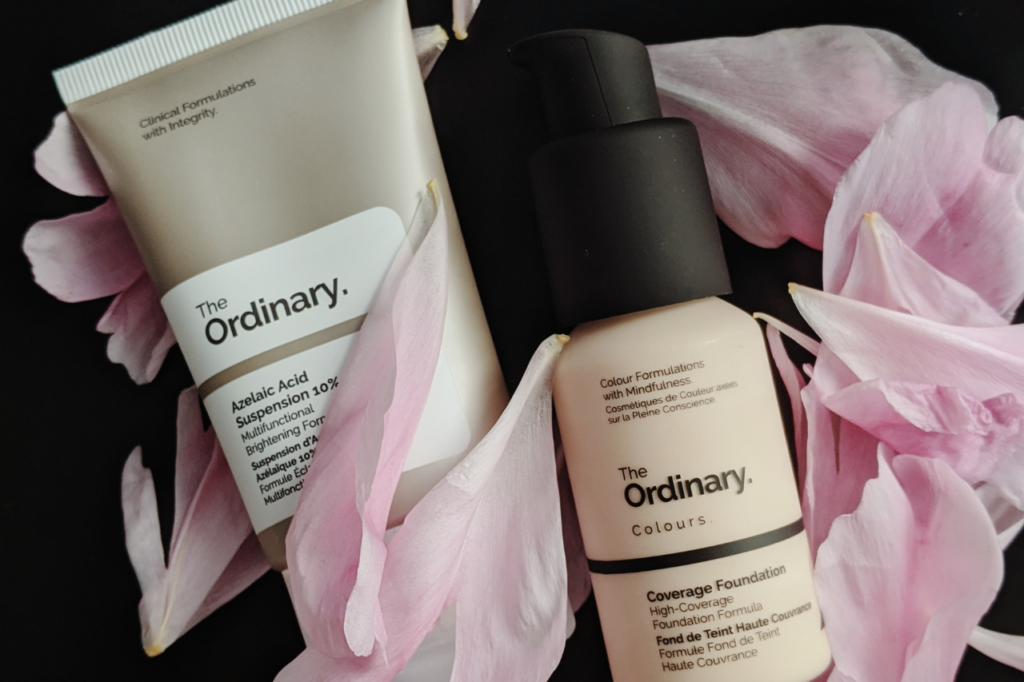
As a general rule of thumb, remember that oily skin loves light textures, (gel, water-based, fluid) as well as acids. Cleansers and toners with their content every day gently will exfoliate dead skin cells and renew the skin.
There is a number of oily skin ingredients that have to be a part of your oily skincare routine. Choosing powerful ingredients is definitely one of the most fundamental skincare tips for oily skin.
#Salicylic acid
Don’t be freaked out by the part “acid”, it is not one of those that is going to burn your skin. It accelerates the exfoliation of dead skin cells, renews and evens out the skin, and prevents inflammation.
Salicylic acid is the most common BHA (Beta Hydroxy Acid). It is an excellent substitute for exfoliants, as sometimes people tend to over-exfoliate, however, with exfoliating acids you don’t experience that problem. It is a win-win.
#AHAs (Alpha Hydroxy Acid)
All AHAs are chemical exfoliants. They stimulate cell renewal, prevent clogging of pores, and reduce greasiness. Common AHAs are glycolic acid, lactic acid, mandelic acid, citric acid that work best for oily skin routine.
Confused about chemical exfoliants? Check this out: Understanding Chemical Exfoliation: What is the Best Chemical Exfoliant for Your Skin?
#Perlite
Technically, perlite is a mineral derived from volcanic rocks. In skincare, they are commonly used in facial scrubs, face masks, etc. Perlite acts as an effective exfoliator and basically, removes the dead skin cells. It is a great mattifier, it reduces the shininess of the skin, and is a great ingredient for oily skin.
#Clay
Being a natural ingredient, clay can work wonders on oily skin. There are many variations to it as well; Sea Clay, Kaolin, French Green Clay, Bentonite Clay. The last three work well with oily skin as they have great oil-absorbing properties.
If you are into making face masks, regularly applying a clay mask once or twice a week will be a great way to combat excess oil.
#Activated Charcoal
This one has been around for a while. Research shows that activated charcoal has some antibacterial properties. It naturally draws all the bacteria out of your pores. So, trying some activated charcoal mask once a week would certainly work well for the oily skincare routine. Check out our blog post on the benefit of activated charcoal for skin if you want to learn more!
Antioxidants, Resveratrol, Vitamin E and C
For years, many studies focused on the effect of antioxidants on our skin. Antioxidants protect the skin from UV lights, damaging factors such as pollution, environmental issues.
In addition, antioxidants such as Vitamin C help the skin with moisture retention and hydration which is a must for oily skin.
Hyaluronic acid, Glycerin, Propylene Glycol, Aloe Vera
I am sure that you already know about the important tasks of both hyaluronic acid and glycerin, the first one is a common ingredient in moisturizing and anti-aging routines.
Since we want our oily skin to never lack its hydration, making sure that we use a product containing a very crucial element – glycerine is a must. Glycerine acts as a humectant (meaning it locks in the moisture) and works well with its counterpart, hyaluronic acid.
The final word from THESKINVERSE
Remember that building a skincare routine for oily skin is a marathon, not a sprint. You will have to be patient to see results and trust me, there will be great results if you are consistent with your routine.
As long as you apply these tips consistently in your oily skincare routine, you are good to go. If you think you should get some extra help, consult with a dermatologist. Don’t be so hard on yourself, but be patient with your skin.

